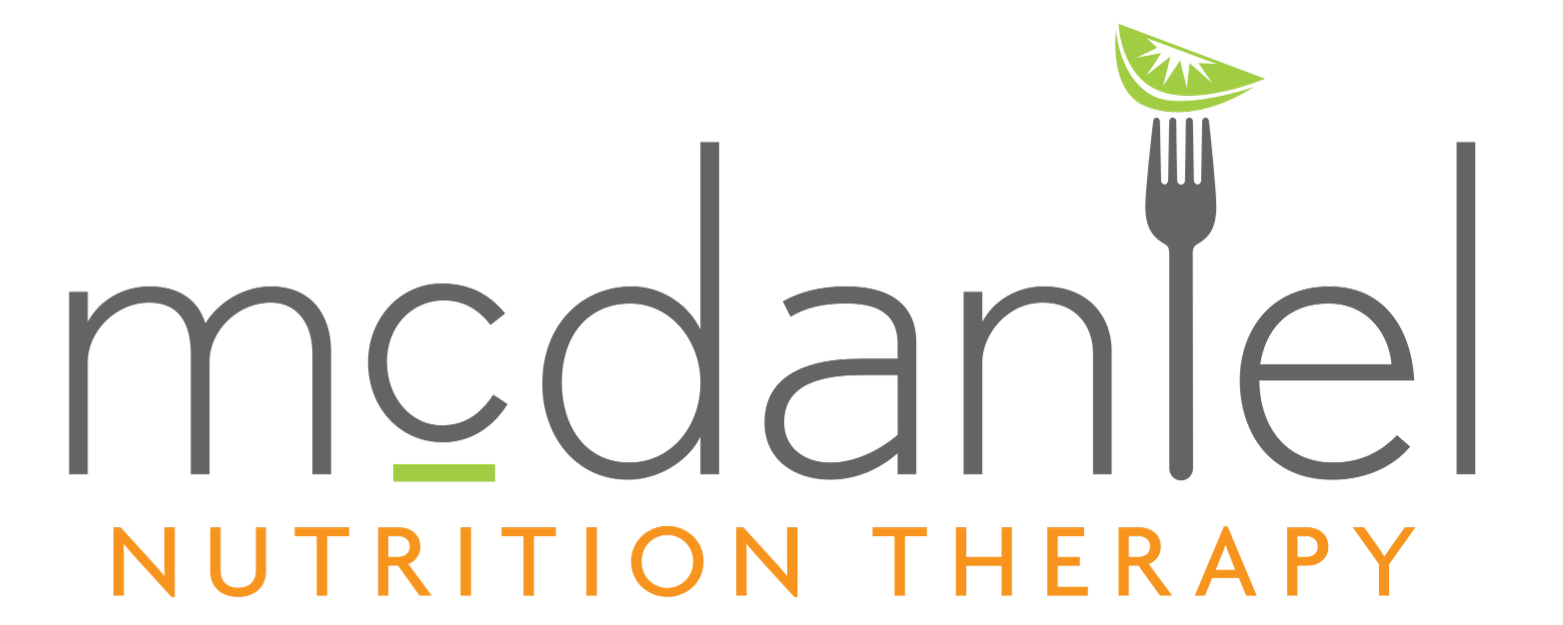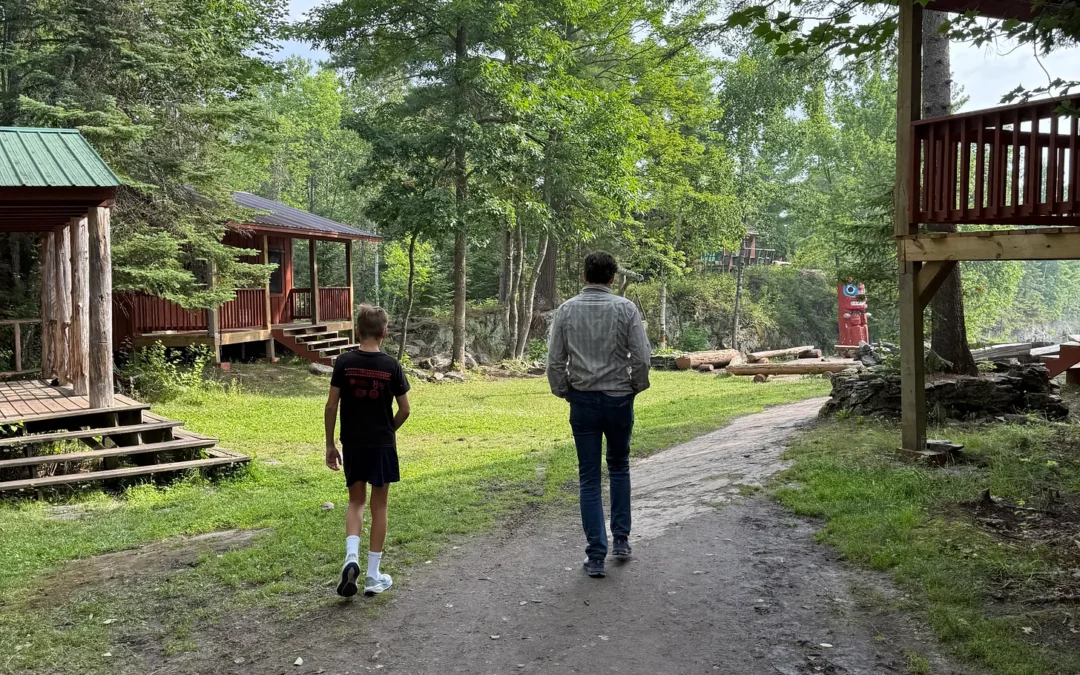We had been building up to the month-long camp in Minnesota for our three boys. The older two had attended last year, but this was the first year for our youngest. There were options to ride a bus with other kids, but since it was his first time, we decided to go as a family.
As we prepared for this trip, I found myself thinking not just about whether or not the body soap I bought would actually get used, but also – what I really want for my kids from experiences like this. I’ve been reading Braiding Sweetgrass by Robin Wall Kimmerer, and while our life looks very different from the one she describes, it feels like a guidebook for nurturing in my kids a deeper awe for nature and a sense of responsibility to care for it.
She says: “Know the ways of the ones who take care of you, so that you may take care of them… Give a gift, in reciprocity for what you have taken.”
When the camp forms asked, ‘What do you want out of this camp for your kiddo?’
I could have written: independence, friends, fun, no video games—all true! But what I really wanted? For them to learn how to sit with boredom, push through the hard parts—mosquitoes, rain, long canoe trips—and come out with a deeper sense of self. To be in awe of a colorful sunrise or the sound of water against their boat. To understand that nature isn’t just there for their entertainment—it’s something to respect and care for. Who knows what they will actually come away with – but whatever it is – it’s the recipe nature ordered.
The travel there was mixed. A flight to Minneapolis, then a five-hour drive to International Falls. On the airplane, I sat next to our youngest, who had the window seat. He spent most of the time playing video games on my phone, ignoring the view he had asked for. He leaned on my arm, pressing into me. At first it felt so sweet—he doesn’t really cuddle anymore. Then I felt suffocated because he was leaning so much I couldn’t type on my computer. Then I got annoyed at myself for being annoyed, instead of just letting myself enjoy the feeling of his small shoulder pressed against me.
Post flight, we hopped into our rental minivan (worried not all the gear would fit), endured several car fights, which reminded me of how nice the quiet would be…but also how quiet it would be.
I love silence. I’ve been to a six-day silent retreat! But every time I send off a kid like this, it feels like a mini-trial run for college, and it makes me FEEL.A.LOT. — even though I know they’ll be home again soon, arguing in the backseat, giving me another chance to tolerate it.
That night we had dinner with friends and the camp’s executive director. Someone asked him if the recent, horrific floods at Camp Mystic in Texas had changed how families think about camp. He answered honestly: probably—it’s made some parents more afraid.
Then he mentioned the wildfires in Canada, semi nearby. Wildfires? Not on my radar. A new seed of worry planted itself—a reminder that while I trust this place deeply, there are always things I can’t anticipate.
And this is one of the hardest part of parenting—the quiet reckoning you have with yourself when you let someone else care for your child. Because no matter how thoughtful your choice, if something goes wrong, the mind begins its cruel replay: I should have known. I should have kept them closer. I should have chosen differently.
That’s why what happened in Texas weighs so heavily on me (us). Those parents made the same choice we made—to give their kids something beautiful that comes from sleepaway camp in nature. Connection, freedom, joy. And still, the unthinkable happened.
There is no guilt to carry for that. They were doing a brave and good thing.
I thought of a line from Braiding Sweetgrass:
“As we work to heal the earth, the earth heals us.”

And I hoped that’s true—for those parents, for me, for all of us who keep sending our kids into these wild places, trusting that the woods hold more healing than harm.
Because maybe that’s part of why we need nature so much. There’s a steadiness and resilience in it—a reminder that even when our hearts are cracked open, nature keeps offering its quiet medicine. Studies say time in nature lowers cortisol and softens anxiety, but I think it’s simpler than that: the trees just keep standing. The water keeps moving. And being near them reminds us how to keep going, too.
The next morning, we dropped the boys off. We made their beds (something about making a bed for your kiddo before you leave feels tender), and then we could tell—it was time to go, Mom and Dad. Two of the three hugged us goodbye. One of the camp counselors saw the shrug-off by the non-hugger and said, “That’s a good sign. He’s ready.”
On our return home, my husband asked how I felt. I told him the truth: I’m excited for them. I miss them already. But, I don’t want to keep them from these experiences because of fear, and also – I know I’m not in control. Truly. Of anything. And strangely, that comforts me.
Then, sitting at the airport waiting for a delayed flight, one of the camp directors called. We already had an injury —a hit in the head with a lacrosse stick and two staples. My husband took the call, and I was frustrated by how few questions he asked. On top of it all, I had been working on a presentation for physical therapists about nutrition and concussions. All this information in my head, ready to use—and I couldn’t do a thing!
I went to the window, looked out at the planes, and cried out of frustration and who knows what else.
My mind got busy: How bad was the cut? How long before he can swim? Will he be able to sleep?
Once we boarded, I looked out the window again and remembered what I’d said: I’m not in control. Life happens the way life happens. It doesn’t mean I have to like it. And it can be anything—from a minor head cut to something truly heartbreaking, like what happened at Camp Mystic.
For so many kids—and parents—time in nature doesn’t solve everything, but it steadies us in ways we can feel, even if we can’t name it. I will continue to support our adventure and sleepaway camps, trusting in the people, the experiences, and the resilience of nature.
As Kimmerer writes:
“To love a place is not enough. We must find ways to heal it.”
I don’t know if a few weeks at camp will make my boys healers of the land. But I hope they’ll come home muddy, tired, and just a little more in love with the world around them. That feels like a good start.

